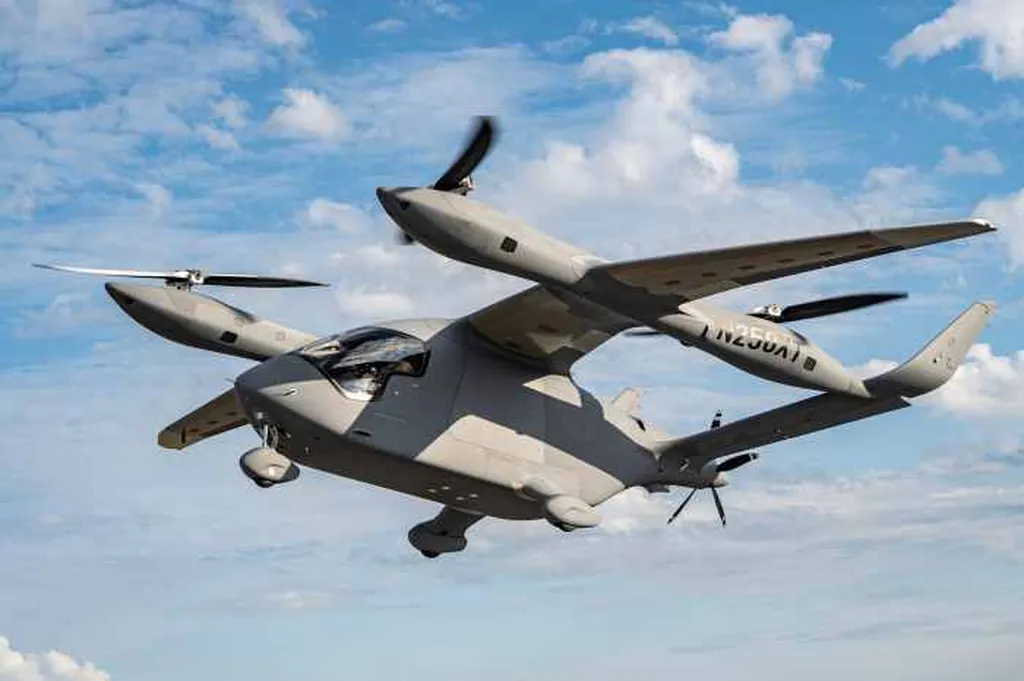GE Aerospace and Vermont-based BETA Technologies have announced a $300 million partnership to co-develop a hybrid electric turbogenerator for defence and civil aircraft. The collaboration, pending regulatory approval, will see GE Aerospace take a seat on BETA’s board, combining BETA’s electric generator technology with GE’s turbine expertise to adapt existing engines like the CT7 and T700 into a hybrid system.
This hybrid system is designed to outperform existing all-electric designs, offering longer range, higher speed, greater payload capacity, and lower operating costs. Kyle Clark, BETA’s Founder and CEO, described the partnership as a pivotal moment for the industry. “We’re on the precipice of a real step change,” Clark said, emphasizing that the union of BETA’s agile development with GE’s industrial scale would bring “rigor, reliability, and safety” to hybrid electric systems.
For GE Aerospace, this partnership represents the latest step in over a decade of hybrid research. In 2022, the company successfully tested a megawatt-class hybrid propulsion system at altitudes up to 45,000 feet. GE Aerospace Chairman and CEO H. Lawrence Culp, Jr., highlighted the strategic importance of the collaboration, stating that it would “expand and accelerate hybrid electric technology development” to meet the evolving needs of their customers.
The partnership comes at a time when Advanced Air Mobility (AAM) companies are increasingly positioning their aircraft for military applications. Last week, Joby Aviation completed a Department of Defense exercise in the Pacific, flying over 7,000 miles with its autonomous “Superpilot” system on a modified Cessna Caravan. The exercise demonstrated the potential of light electric and hybrid aircraft for contested logistics missions, such as rapid cargo delivery and surveillance.
Similarly, Archer, backed by a $1.3 billion partnership with defence technology firm Anduril, has been expanding its defence portfolio. Archer recently acquired assets from Overair and Mission Critical Composites to accelerate the development of hybrid, autonomous VTOL platforms for the Pentagon. Meanwhile, UK-based Vertical Aerospace completed its first airport-to-airport flight at the Royal International Air Tattoo in July and added former MI5 chief Lord Andrew Parker to its board to strengthen government and defence links.
The Pentagon’s FY26 budget request of $9.4 billion for autonomous and hybrid aircraft underscores the growing military demand for dual-use platforms. Against this backdrop, GE’s investment in BETA positions the company to play a significant role in shaping the future of defence and civil aviation. The collaboration not only accelerates technological advancements but also strengthens the U.S. industrial base in a sector increasingly driven by military priorities.

